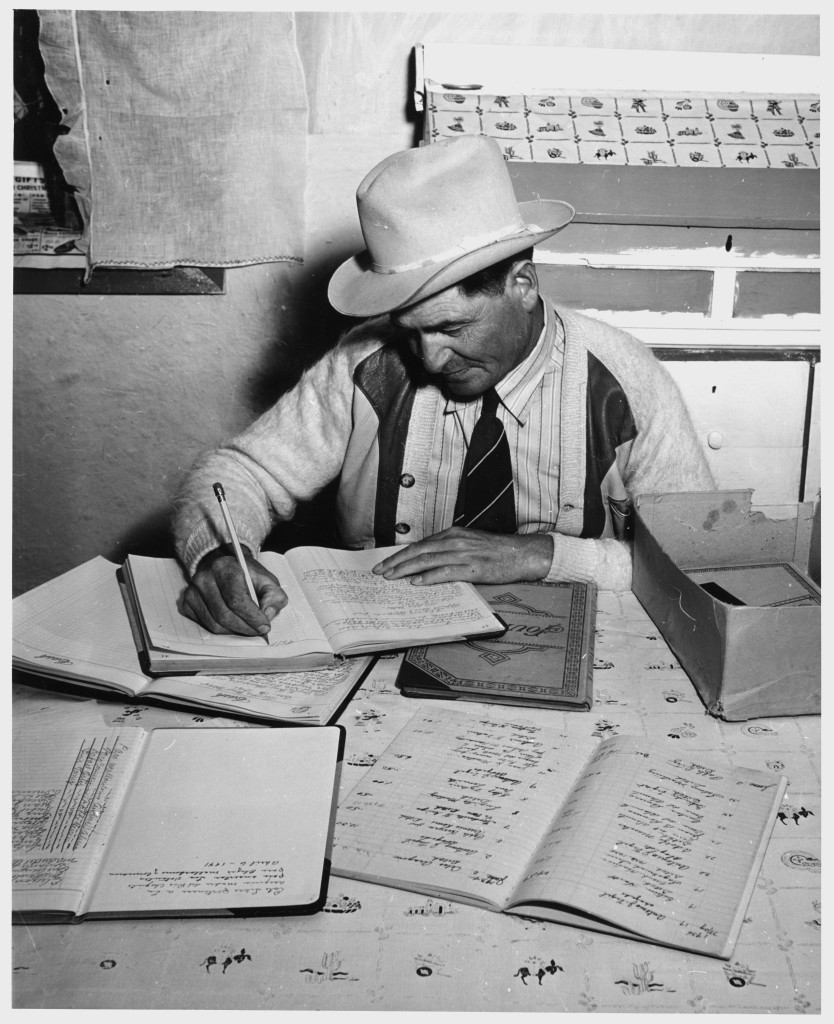ATF 41P: Reading the final rule
The newly published version of 27 CFR Part 479, the result of ATF 41P, is not a short read. In its 248 pages of double-spaced text, it describes existing regulations and the original agency proposal in August 2013. It includes reference to the many public comments and the agency’s rationale for various features of the final rule, and how they differed from the proposed one. The agency’s rationale for the rule change is full of bluster about the great danger presented by these firearms. In keeping with the current administration’s talking points, the agency touts expanded background checks as a vital means for preventing violence.
Leaving aside the political rhetoric from the agency, here are the highlights from the new rule:
(1) For trust and other non-individual applicants seeking to make or transfer NFA items, all “responsible persons” are going to have to submit fingerprint cards and photographs and undergo a background check with future applications. Each responsible person must also complete the new ATF Form 5320.23 providing various personal identifying information. There is however an exception for those that have completed a previous application to make or transfer a firearm and had it approved in the previous twenty-four months. They will instead be able to certify that their information has not changed since the previous application’s approval and avoid resubmitting their trust agreement (or other proof of existence), photographs, fingerprints, and Form 5320.23. (See. pp. 246-247).
(2) CLEO certifications are officially a thing of the past once this rule becomes effective. They are replaced by a requirement that the applicant notify “an appropriate state or local official” when applying to make or transfer an NFA item. Appropriate local officials as defined in the rule would include the “local chief of police, county sheriff, head of the State police, or State or local district attorney or prosecutor of the locality in which the applicant, transferee, or responsible person is located.” (See p. 5).
(3) There is more specific guidance for temporary estate matters involving NFA firearms, clarifying that temporary possession of NFA items by a personal representative or similar person during the settling of an estate will not be treated as a transfer, and that transfers to legatees (people receiving testamentary gifts of personal property) are not considered taxable transfers either. However, if the estate sells an NFA item to a third party buyer, that transfer would be subject to transfer tax. This essentially codifies current practice. (See pp. 247-248).
(4) Surprisingly, the future addition of new trustees/responsible persons to a trust after a transaction will not trigger any additional paperwork or reporting requirement. (See pp. 123-124).
In its explanation of the rule, ATF acknowledges that there will be added costs for the regulated public associated with the more burdensome application process (estimated at more than $36 million dollars), but the claims that it is necessary to protect the public, and that elimination of the CLEO certification requirement partially offsets the financial costs. The agency notes that this will benefit individual applicants at the expense of trust and corporate applicants. (See pp. 5-6).
UPDATE: In its response to public comments, the agency also confirms that applications that are postmarked before the effective date of the new regulations will be processed under the existing rules, and that “only those applications postmarked on or after the implementation of the final rule will be subject to the new regulations.” (See p. 179).


Timely analysis . For my two cents if people are interested in a ATF 4
(5320.4) , my secretary filled out and faxed a sample version here
http://goo.gl/zs4A75.